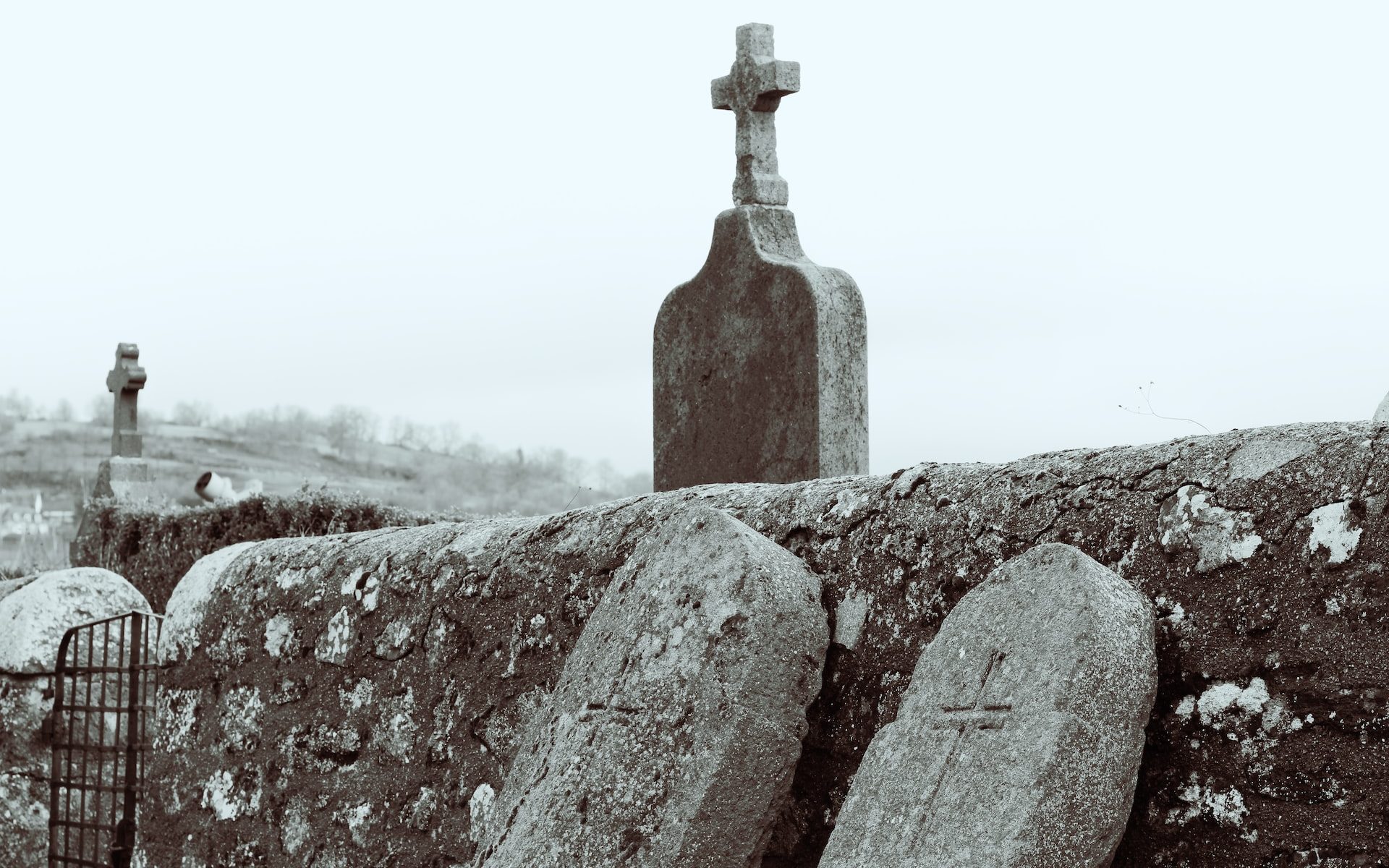God created us to live in bodies. And bodies die. Everyone dies eventually. Barring the imminent return of Jesus, anyone reading this will die sometime in the next few decades. A cheery thought to make your day. While I don’t suppose dying has ever been simple or fun, it has taken on a certain measure of difficulty and complexity in the times we live in. Dying can be really difficult, in many different ways. Being far from an expert on the matter, I wanted to share a couple thoughts on death and dying today.
The most immediate impetus for this came while reading a recent article by R. R. Reno in First Things. He writes:
Over the last few years, Canada has rolled out a program of doctor-assisted suicide. Originally restricted to those facing “reasonably foreseeable” natural death, in 2021 it was expanded to those whose illnesses need not be terminal. the Canadian government is considering an expransion of this program to cover “mature minors,” including those as young as twelve, who are deemed “fit” to make a decision to end their lives. These policies are widely popular. Polling suggests that 86 percent of Canadians approve of a “right” to die. We should not be surprised. As Leila Mechoui explains in Compact magazine (“Euthanasia Is LIberalism’s Endgame), “State-administered euthanasia on-demand is the logical endpoint of a society built on secular himanism and utilitarianism. These frameworks preclude any appeal to an absolute authority beyond the individual. The ultimate expression is as a state-protected ‘right’ to a ‘dignified’ death.” The future of the West: a culture of death under the sign of choice.
R. R. Reno, “The Public Square“
A culture of death. A culture where we come to feel that we are not truly alive and not fully human unless we have the right to kill others (abortion) and ourselves (euthanasia) when life is not desired any longer.
There’s a lot that could be said about this. I want to share three resources here that may be helpful in thinking about a culture of following Jesus in the midst of a culture of death.
Look here
Joel Cho, a doctor in San Francisco reflects on the role of a long obedience to Jesus when it comes to death and dying in A Doctor Shares the Secret to Dying Well. I especially appreciate how he talks about many people being “bewildered by death.”
Mélodie Kauffmann, a nurse in France, reflects on the human difficulties of suffering, especially as a caregiver for someone else who is dying, in Job’s Wife Urged Him to ‘Curse God and Die.’ Caregivers Get It. The suffering is real for all involved. We would do well to remember that, for most people, the “culture of death” is driven not by reasoned ideology, but by fear and compassion. Fear of suffering and death; compassion on those suffering expressed in a desire to end the suffering as soon as possible.
Last, check out this paper I wrote on passive euthanasia, active euthanasia, and suicide. It began its life in a seminary ethics class. I have thoroughly revised it and offer it as food for thought.
A farewell to death
The hope in Jesus is that one day we will get to say “farewell” to death forever. We look forward to what Paul writes:
Death is swallowed up in victory. O death, where is your victory? O death, where is your sting? The sting of death is sin, and the power of sin is the law. But thanks be to God, who gives us the victory through our Lord Jesus Christ
1 Corinthians 15.54b-57 (ESV)
Until that time, we will live and labor in a world where death is a tyrant and terror. The great hope is that Jesus has blazed a trail through death and can lead us through it into life. But even knowing that doesn’t make it easy to live faithfully in the world of complicated death and dying.

